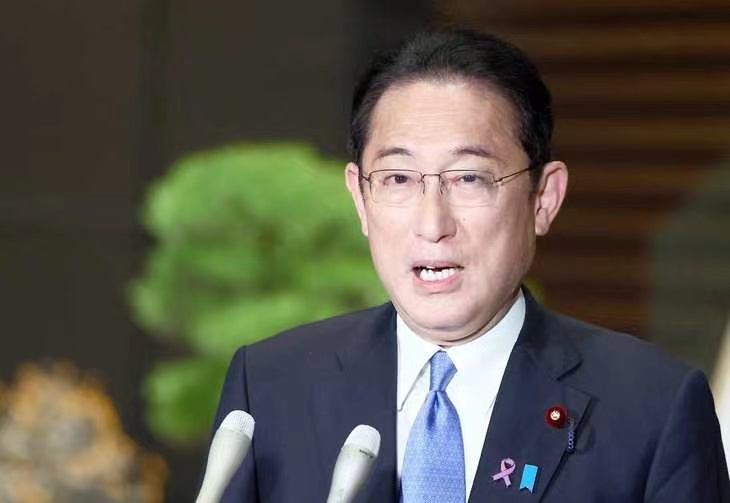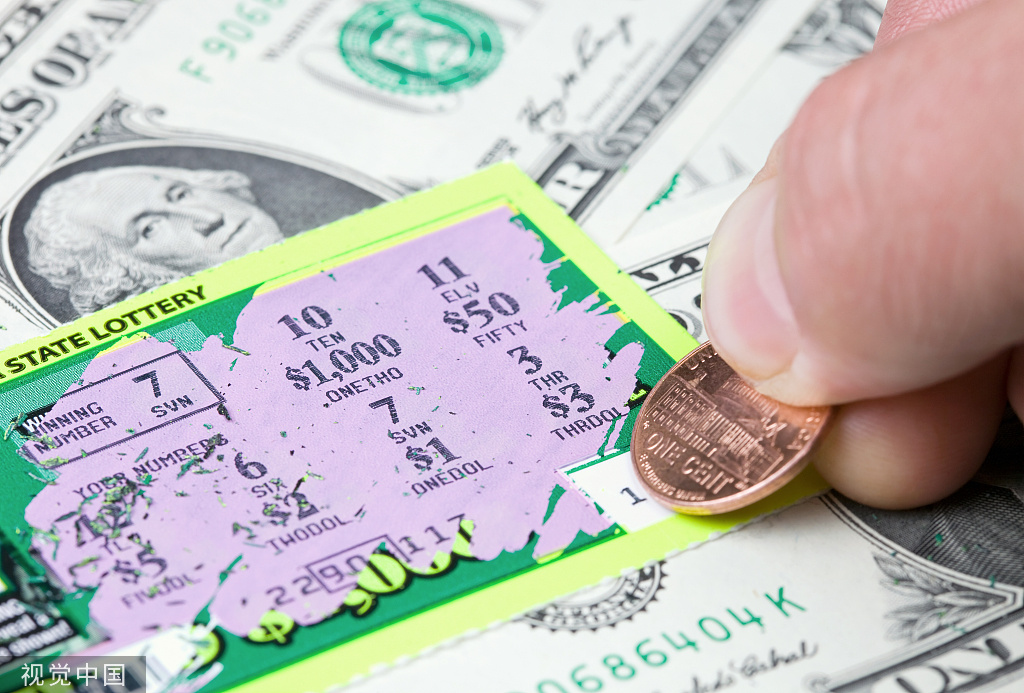Kishida accelerates "Abe Economics"?Japanese media: will promote economic policy around "new capitalism"
Author:Global Times Time:2022.07.11
[Global Times Special reporter in Japan Ma Fang Global Times reporter reporter Yang Shasha] After being shot dead on the 8th, the former Japanese Prime Minister Shinzo Shinzo Abe had mourned and regretted it. At the end of 2012, after Abe became the Prime Minister of Japan again, its largest heritage in the Japanese economy was "Abe Economics", which was called Japan's turning point, which promoted the recovery of Japan's economic recovery in the 2010s. After Abe resigned as Prime Minister's position in 2020, the government of Toyi Yiyi and the Kishida Wenxiong also continued "Abe Economics" to a certain extent. "Japan Economic News" analyzed that after Abe's death, Japan's economic policy may be more "shore of Kishida". It is expected that Prime Minister Kishida will adjust "Abe Economics" in the future and implement it around his "new capitalism" to implement Corresponding economic policy.
Achievement and problem
"Japan Economic News" reported that after the news of Abe's assassination, the yen's exchange rate against the US dollar rose rapidly, and at the same time, the Japanese stock market dived instantly. Ueno Thai, chief market economist of Ruisui Securities, said that "former Prime Minister Shinzo Abe is the core of 'Abe Economics', leading the devaluation of the yen and the rise in the stock market. reaction". The Japanese Broadcasting Association (NHK) website analyzes that "the market's response means Abe's assassination may shake the status of 'Abe's economics' in Japan's monetary policy."

Japanese Prime Minister Kishida Data Map
After Abe in December 2012 became the Prime Minister of Japan, it launched the "Abe Economics" with the focus of stimulating economic growth and getting rid of the shrinking goals. By August 2020, Abe announced his resignation for nearly 8 years. "Abe Economics" has begun a series of economic policies with the "three arrows" of "bold monetary policy", "flexible fiscal policy", "stimulating the growth strategy of private investment", and the "three arrows". During this period, Japan's secondary economic recovery period lasted for 71 months, and its economic policies also had a certain positive effect on Japanese stock prices, exchange rates, and employment.
"Japan Economic News" on the 9th commented that a series of measures of "Abe Economics" marked the turning point of the Japanese economy. According to the statistics of the Japan Economic News, when Abe resigned, the average stock price of the Nikkei reached 2.33 times when it took office, and the business income of corporate operating reached 1.34 times.
However, "Abe Economics" has left many problems at the same time. Japanese media generally believe that the most obvious point is that Shinzo Abe has failed to reach the target of 2%of the price increase set by the Japanese government and the central bank as a prime minister during his term; the gap between the rich and the poor has expanded; The negative role of the economic stimulus policy of expenditure has begun to prominent, the profit of financial institutions has shrunk, and the balance of government bonds has increased year after year.
Kishida color
"Japan Economic News" reported on the 9th that after Abe's death, Kishida is expected to adjust "Abe Economics" in the future, promote the appreciation of the yen, and increase financial interest rates. Bloomberg reported on the 10th that "Abe's greatest economic policy heritage seemed to be worried" as the topic reported that Shinzo Abe left the biggest mark on the economy in Japan. Scales and long -term stimulus measures. However, after Abe's death, this movement that supported economic growth and intensified inflation may end. It is reported that the Governor of the Bank of Japan, Kuroda Hittero, will expire in April 2023, and Kuroda is the executor and promoter of "Abe Economics". From this, gradually adjust the "Abe Economics" of currency easing policy and the depreciation of the yen, and then implement "Kishida Economics" with more personal colors.
In May of this year, Kishida Wenxiong delivered a speech in the British Financial City, saying "new capitalism" around his economic policy, "a word is to be an upgraded version of capitalism." "New Capitalism" contains four major investment pillars, including investment in people and investment in scientific and technological innovation.
Lu Hao, deputy director of the Comprehensive Strategic Research Office of the Chinese Academy of Social Sciences, said in an interview with the Global Times reporter on the 10th that the so -called "Kishida Economics" is more "new capitalism". The distribution is cited to achieve economic balance growth. Lu Hao said that in terms of economic policies, Kishida wanted to make some amendments to "Abe Economics", hoping to highlight his "unique understanding" and special orientation in economic policy. For example, "new capitalism" emphasizes allocation, which is actually targeted at the exacerbation of the rich and the poor caused by "Abe Economics".
However, Lu Hao believes that "new capitalism" still faces severe challenges, and the effectiveness of the specific policy needs to be observed. In addition to the inherent structural disease, epidemic and external economic environment, Abe Economics "loosely expanded economic and fiscal policy and financial policy In fact, the policy operation space of the subsequent regime has actually been compressed. "We now see that it is difficult for the Japanese government to withdraw from the super -volume width policy. There are not many problems such as rising prices, the depreciation of the yen, and the fluctuation of the stock market and bond market. In fact, this is also the previous policy. The performance of the leftover problem. "Lu Hao said.
Impact on China
After Abe's death, what impact will the Japanese government's future economic policy have on Sino -Japanese economic and trade relations? Chen Yan, Executive Dean of the Chinese Research Institute of Japan, was interviewed by a reporter from the Global Times that in the past, Kishida shouted a lot of useless slogans than "who was more ruthless to China." After Abe's death, Kishida will not be constrained by conservative forces within the party in the future, and will adopt a more autonomous position in economic policy. Right now, Japan has no room for trade with the United States and the European Union. Only the trade with China still has room to continue to expand. Therefore, Kishida will pay more attention to economic and trade relations with China. Lu Hao believes that since the epidemic of new crown pneumonia, Japan's economic dependence on China has continued to rise, and the proportion of Japan ’s trade with China has continued to rise in the total trade amount. Although there are also so -called "reduction of economic dependence on China" in Japan, the Japanese economy is currently in a relatively difficult period. Economic domestic demand and investment momentum continue to shrink. Economic growth will depend on foreign trade and foreign investment income. Therefore, Japan will continue Attach importance to China's "oversized market" and use it as the "basic market" of its own economic growth, and continue to enjoy dividends from it.
- END -
Hope "overnight turn"!The cost of life is rising, the French buy the lottery ticket

[Global Times Comprehensive Report] French inflation rate is high and prices have ...
Support for the development of medical assistance to the true feelings of the development of medical assistance -the "group -style" of the Provincial People's Hospital to help Dongxiang County People's Hospital

We can help Dongxiang County People's Hospital through the group -style to activel...